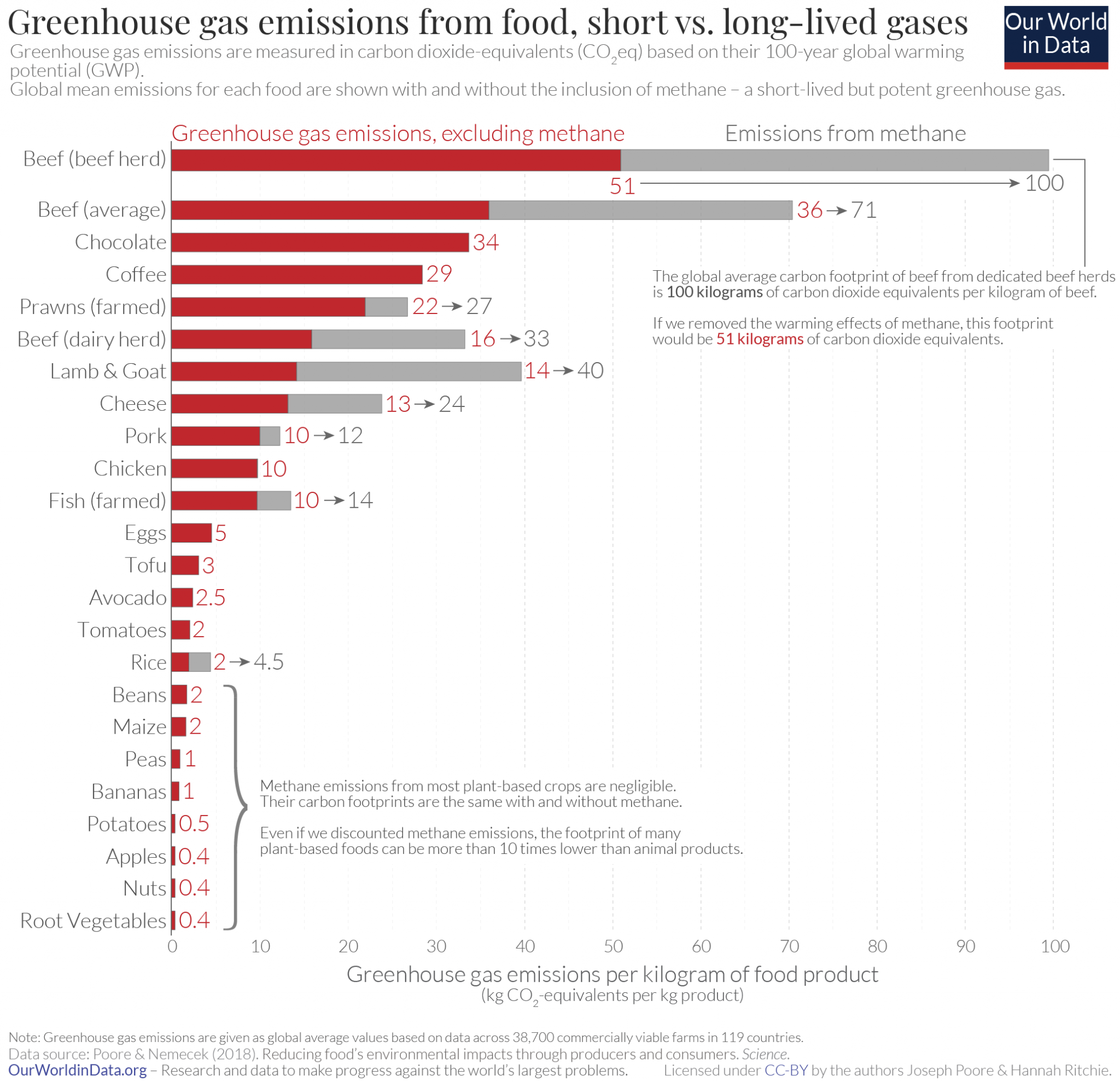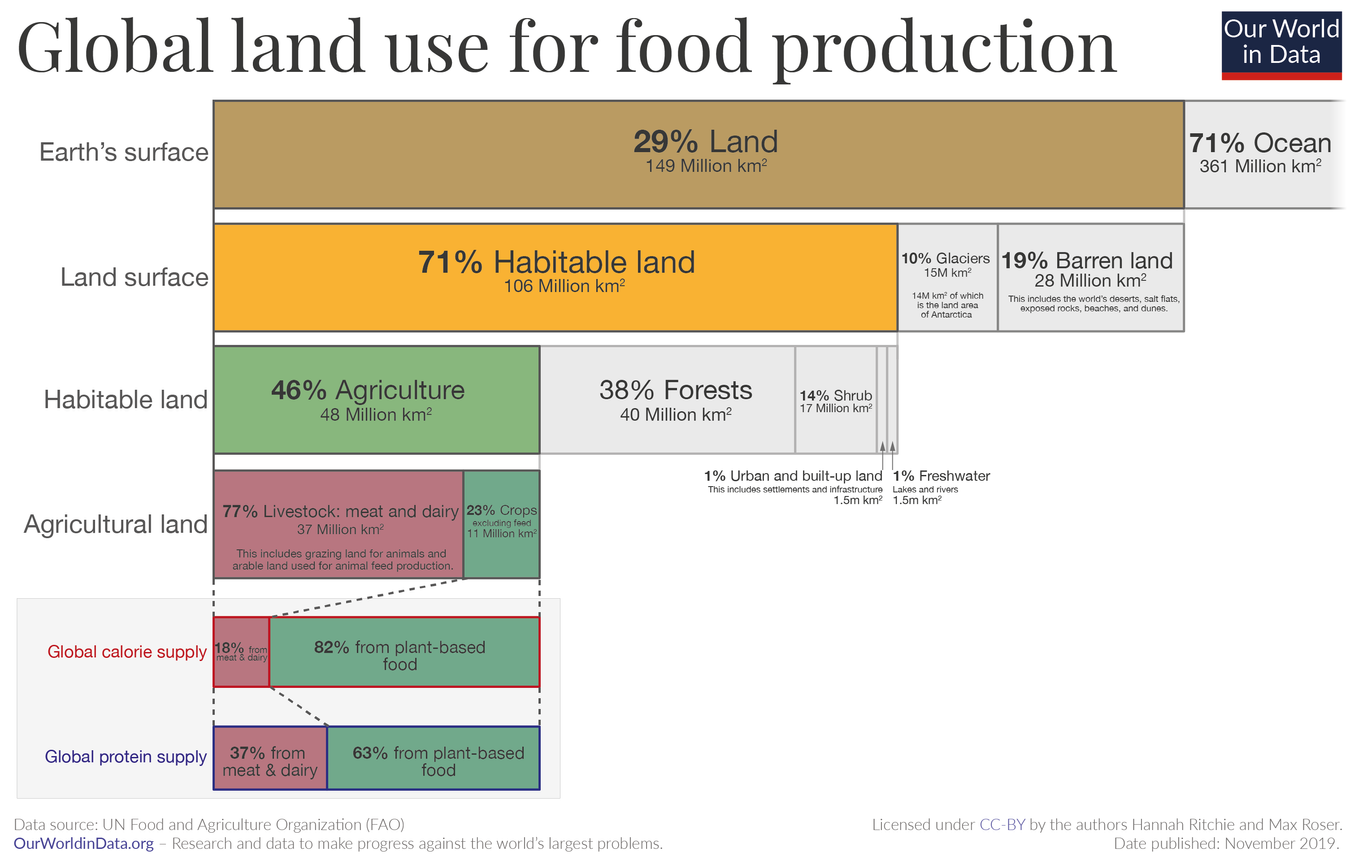Saving the climate is not going to be done by guilting consumers into changing individual consumption habits. Enough with the green consumerist bullshit that only serve as neoliberal justifications for inaction.
If the meat industry is hurting the planet, REGULATE IT.








